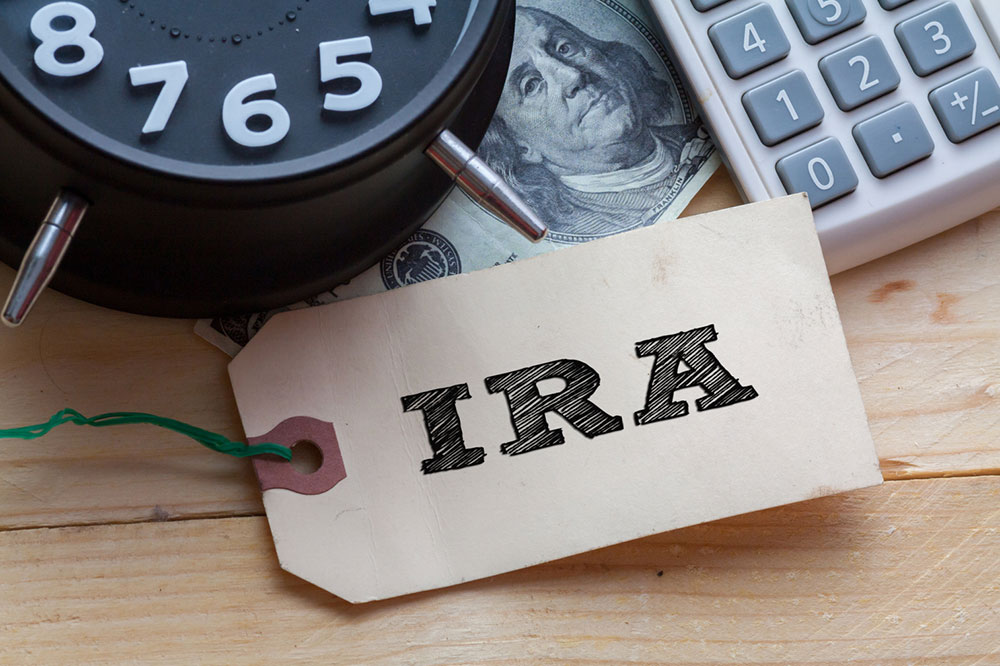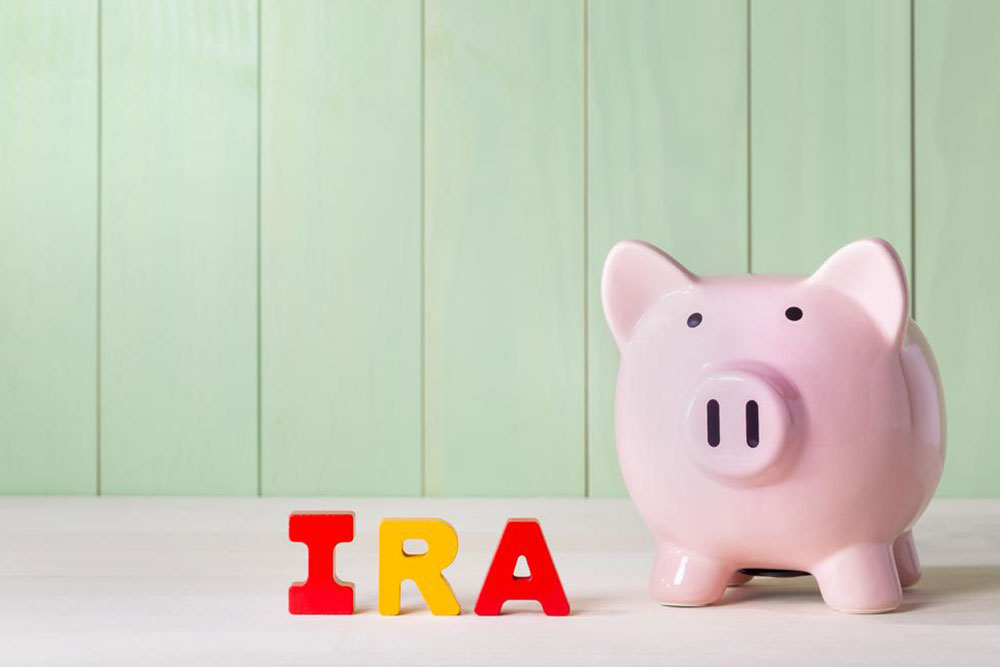Understanding Various Retirement Savings Options
Explore the different types of retirement savings accounts including Traditional, Roth, Spousal, and Rollover IRAs. Understand their features, benefits, and considerations to make informed decisions for your future. This guide helps you choose the right plan tailored to your income and retirement goals, ensuring a secure financial future.

Understanding Various Retirement Savings Options
Planning for a secure future involves choosing the right retirement savings accounts. If you're eligible, contributing to a 401(k) plan is a smart move to benefit from employer contributions. Once you reach the contribution limit or lack a retirement plan, exploring Individual Retirement Accounts (IRAs) becomes essential. There are four primary IRA types designed especially for self-employed individuals. Familiarity with their features will help you select the most suitable option for your retirement goals.
Retirement accounts can be established through banks or financial institutions and function similar to savings accounts dedicated to retirement funds. Your annual contribution limits depend on the specific account type.
Types of IRA Accounts:
Traditional IRA
This popular option allows deductions on contributions to reduce taxable income. However, the deductibility depends on your income level and whether you participate in an employer-sponsored plan. Minimum required withdrawals begin at age 70½.
Roth IRA
This account offers tax-free withdrawals during retirement, making it a preferred choice. Contributions are made with after-tax dollars, and income limits determine eligibility. The benefit is realized if your tax rate during retirement exceeds your current rate.
Spousal IRA
This account enables a working spouse to contribute on behalf of a non-working spouse, allowing both to enjoy retirement tax advantages. Eligibility requires filing joint tax returns, with contribution limits matching those of individual IRAs.
Rollover IRA
This account allows you to transfer funds from previous employer-sponsored plans, providing greater control over your retirement savings. Care must be taken to avoid tax penalties during rollover if the transfer isn't direct or if tax treatment differs.
Evaluate the advantages and disadvantages of each account type to determine the best fit for your retirement planning.










